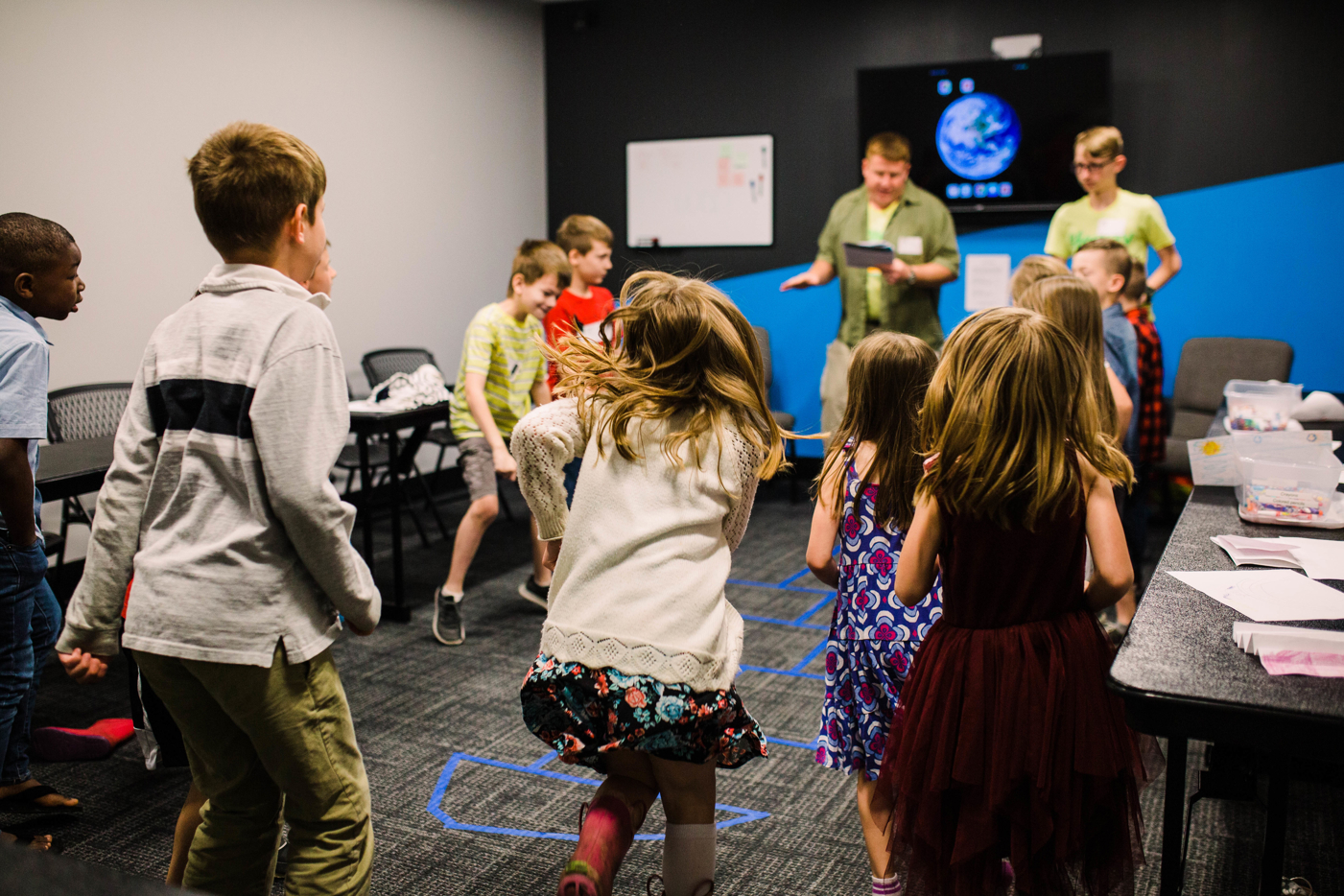
On the 29th of May, the Department for Education (DfE) published a ‘call for evidence’ to help shape the safeguarding policy and practice for Out-of-School Settings (OOSS). Out-of-School Settings (OOSS) include a wide variety of settings, including church-based Sunday schools, church or non-church youth groups, after-school clubs, community activities, uniformed groups (such as the Scouts and Girls Brigade), tuition lessons and ‘religious supplementary sessions’.
The DfE is asking parents, carers and organisations about existing safeguarding practices in Out-of-School Settings (OOSS), and how to strengthen them. We would like to encourage you to add your voice to this important review. At Thirtyone:eight we have a vision of ‘a world where every child and adult can feel, and be, safe’. We cannot do this alone, but together we can make a significant difference. This safeguarding review is the perfect opportunity for you to speak up for the vulnerable and share your expertise.
This blog gives you all the information you need in order to contribute to the call for evidence, and be part of a rare opportunity to shape safeguarding practice for the future.
What do the Department for Education want to know?
The DfE is asking parents, carers and organisations about existing safeguarding practices in Out-of-School Settings (OOSS), and how to strengthen them. Specifically they want to know:
- How parents and carers assure themselves about the safety of Out-of-School Settings
- The challenges to provide consistent safeguarding practices
- Whether further approaches (such as registration or regulation) could be applied to the sector to strengthen safeguarding practices.
I don’t feel confident to share my opinions
Responding to a call for evidence can feel overwhelming. But put simply, you’re just being asked to share your experiences, and thoughts on how to make things better. As someone with an interest in creating safer places, your expertise is essential. Below are some tips to help you:
- Just be yourself. Use language which makes sense to you. You don’t need to be formal.
- You can take your time. You don’t need to complete the call for evidence in one sitting. There is an option to save and close the call for evidence, so you can keep going back to it if needed. The call for evidence is open until 21st August.
- Only answer what is relevant. Not all questions will apply to you, so you won’t need to respond to all the questions.
- Give detail. This is a rare opportunity to influence future legislation. Use your experiences and expertise to inform the Government of what is needed. Make sure you share examples and give as much detail about scenarios as you can (without providing anything that identifies individuals or specific settings) And always offer your thoughts on how things could be improved.
- Be honest. If there is a question that you do not understand, be honest in your response to this. It is important that the Government knows what the sector understands.
Is there any reading I can do first?
Yes! Thirtyone:eight have produced a briefing paper for the faith sector on the Out-of-School settings call for evidence. This details the background to the current guidance and the call for evidence and key considerations for faith communities when approaching this call for evidence. It does not seek to influence what you might want to say, but hopefully will help you to understand the key issues.
You may also find the following information useful:
- Read our previous blog on the current Out-of-School Settings (OOSS) guidance (2023).
- Read the current guidance
Where can I contribute to the call for evidence?
You can contribute to the call for evidence here.
Thank you for all you are doing to create safer places.
